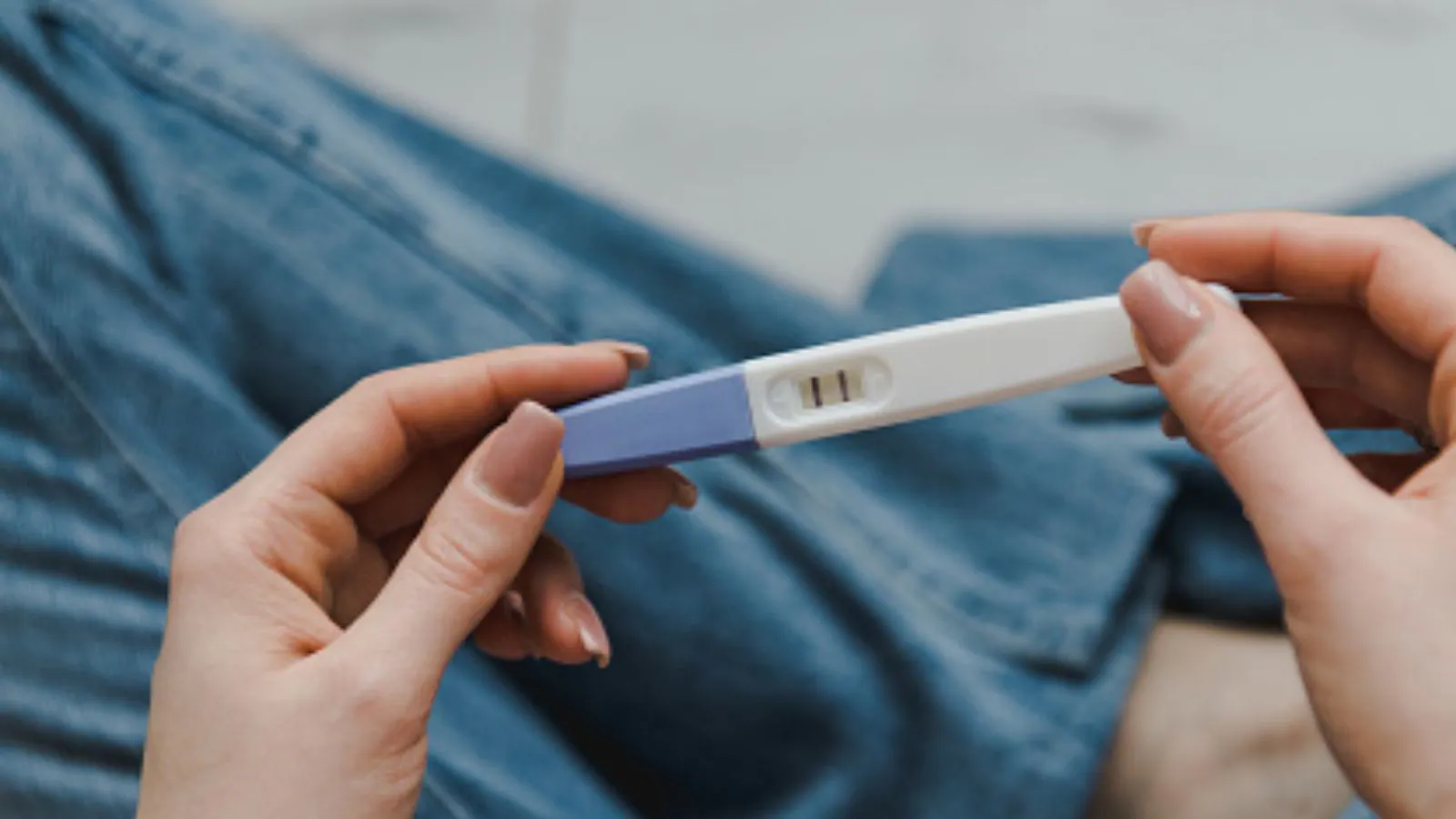Copyright news18

It came easily the first time, but the second time, it’s not happening. Across the country, an increasing number of couples are finding themselves struggling to conceive after having their first child, a condition doctors identify as ‘secondary infertility’. According to Dr Nikita Lad Patel, an infertility specialist at Apollo Fertility Hospital, the number of such cases is rising sharply, particularly among women aged 25 to 40. “Couples assume that because they conceived once, it should happen again naturally. But we are seeing a significant increase in secondary infertility, often linked to lifestyle, stress, and untreated medical issues,” she said. Dr Patel explained that secondary infertility often appears during one of the busiest phases of life, when work, parenting, and household duties consume most of a couple’s time. “After the first child, parents tend to overlook early warning signs,” she noted. Irregular or painful periods, persistent lower abdominal pain, sudden weight gain, acne, excessive facial hair, or recurrent miscarriages are among the symptoms many women ignore. “These could point to underlying hormonal or reproductive issues that delay or prevent a second pregnancy,” she added. If not addressed promptly, such conditions can complicate future pregnancies, leading to difficulties in conception or increased risk of miscarriage. Infertility is often wrongly perceived as a woman’s issue, said gynaecologist Dr Seema Deepti. “In nearly half of all cases, the male partner has an underlying problem,” TOI quoted her as saying. Obesity, smoking, heavy alcohol use, lack of exercise, and diabetes can sharply reduce sperm count and affect sperm DNA quality. Environmental factors are also at play. “Heat exposure, pollution, and chemical contact can all impair fertility,” Dr Deepti added. Studies have shown a clear correlation between men’s lifestyle habits and sperm health. For women, advancing age further complicates matters. As egg count and quality decline with time, the chances of chromosomal abnormalities rise, making conception harder and miscarriages more likely. “Couples who delay planning their second child often face age-related fertility issues,” Dr Patel warned. Doctors stressed that lifestyle changes can play a pivotal role in improving fertility. Maintaining a healthy weight, eating a balanced diet, managing stress, exercising regularly, and sleeping well are key steps. “Many cases can be managed without advanced medical procedures if lifestyle factors are corrected early,” Dr Patel said. Medical interventions include ovulation-inducing medicines, thyroid and hormone therapies, and treatments for conditions like diabetes and hypertension. “If a woman isn’t ovulating, medication can help restore regular cycles,” Dr Deepti explained. For men, reducing alcohol and tobacco intake, avoiding processed foods, and minimising exposure to heat and plastic-based chemicals can significantly enhance sperm quality. When To See A Doctor Experts recommend that couples who have been trying to conceive for over a year without success should consult a fertility specialist. For women above 35, the window shortens to six months. Basic tests such as semen analysis, hormone assessments, and ultrasound scans can help identify hidden problems. “Conditions like thyroid disorder, diabetes, or high blood pressure can all influence fertility,” Dr Patel pointed out, adding, “Addressing these early makes treatment more effective.” Stress, too, plays a silent but serious role. “It can alter hormones and sexual health,” Dr Deepti said. Techniques such as meditation, counseling, and light exercise are known to improve both mental health and reproductive outcomes. While secondary infertility can be emotionally challenging, doctors say it is often treatable with timely intervention. “These signs are frequently ignored,” Dr Patel observed, “but with a healthy routine, balanced nutrition, adequate sleep, and proper medical supervision, most couples can conceive again.”



